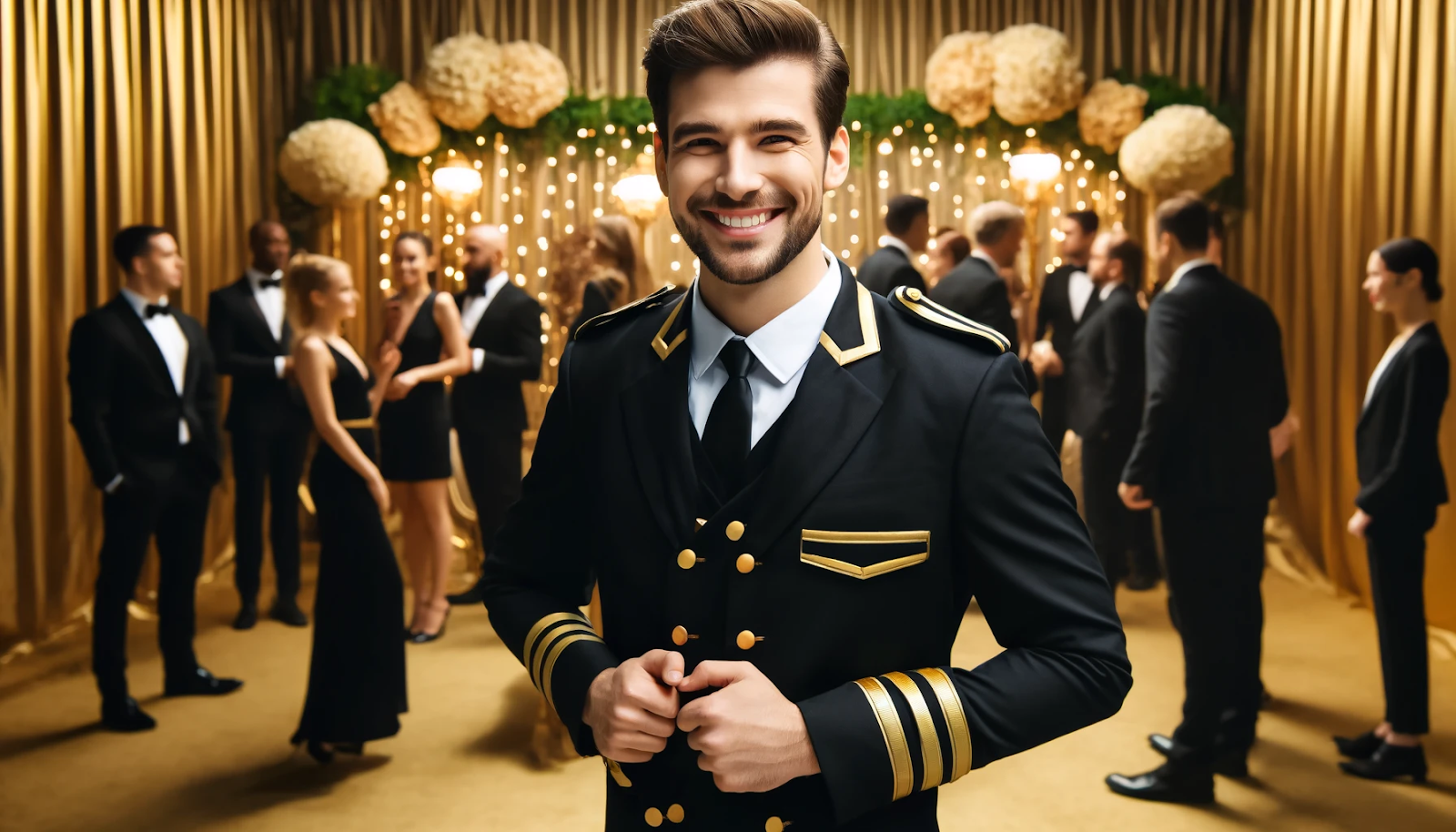Creating security plans tailored to VIP-only events' unique needs and privacy concerns is crucial for ensuring a seamless and secure experience. Security professionals must balance providing robust protection while maintaining an atmosphere that allows VIPs to relax and network comfortably. Here are the key components to keep in mind when developing a comprehensive security plan:
- Understanding the Event and Its Attendees
- Guest Profiles: Assess the backgrounds of attendees to anticipate potential threats and identify individuals requiring special attention.
- Event Purpose: Understanding the event's purpose helps align security measures with the desired tone and mood.
- Venue Layout: Familiarize yourself with venue entrances, exits, and private areas to optimize security deployment.
- Risk Assessment and Threat Analysis
- Identify Vulnerabilities: Conduct a walkthrough to pinpoint weak areas like entry points and secluded spaces.
- Threat Sources: Consider potential internal and external risks, including protestors or opportunistic intruders.
- Create Risk Profiles: Develop scenarios based on identified threats and assign a severity rating to each.
- Layered Security Approach
- Outer Perimeter: Use barriers, surveillance, and screening points to create a secure buffer zone around the venue.
- Inner Perimeter: Assign security personnel to monitor guest movements, ensuring only authorized individuals access VIP spaces.
- VIP Personal Protection: Provide close protection officers (CPOs) for high-profile individuals requiring additional privacy and safety.
- Technological Integration
- CCTV Systems: Strategically place surveillance cameras for comprehensive coverage of high-traffic areas.
- Access Control: Implement key cards or biometric systems to regulate entry to sensitive zones.
- Incident Response: Use real-time monitoring software to identify and respond to potential security breaches quickly.
- Coordination and Communication
- Event Staff Training: Train all staff members on emergency protocols and identify potential issues.
- Communication Plan: Ensure secure communication channels between security teams, staff, and external agencies.
- Briefing: Conduct pre-event briefings to align everyone on security goals and the chain of command.
- Emergency Response Planning
- Evacuation Routes: Establish clear and accessible escape routes for rapid evacuation.
- Medical Support: Have medical personnel on-site to handle health emergencies or injuries.
- Contingency Plans: Prepare for unexpected scenarios like power outages or fire alarms.
- Privacy Concerns and Discretion
- Media Control: Ensure only authorized media personnel are present, preventing information leaks.
- Non-Disclosure Agreements: Have all staff sign NDAs to protect VIP information.
- Camera Restrictions: Restrict photography and videography in sensitive areas.
- Continuous Improvement
- After-Action Review: Conduct post-event assessments to identify successes and areas for improvement.
- Feedback Gathering: Collect feedback from guests and staff to refine future security protocols.
- Training Updates: Regularly update training programs based on the latest best practices and feedback.
- Specialized Training for Personnel
- De-escalation Skills: Security staff should be adept at de-escalating tense situations to prevent conflicts from escalating further.
- Cultural Awareness: Understanding cultural norms is essential when working with international VIPs to avoid misunderstandings.
- Advanced Surveillance Techniques: Incorporate training that focuses on recognizing suspicious behavior patterns.
- Collaboration with Local Authorities
- Law Enforcement Coordination: Work closely with local police to share intelligence and provide immediate assistance during emergencies.
- Emergency Services: Ensure local medical and fire departments are informed about event specifics for a prompt response.
- Specialized Support: Consider enlisting specialized teams like SWAT units or K-9 officers if the risk level warrants extra precautions.
Frequently Asked Questions (FAQs)
Q1. How many security personnel should be deployed at a VIP event?
The number depends on the event size, venue layout, and guest profile. A typical event will require a layered approach, including outer perimeter guards and inner perimeter specialists.
Q2. How should VIP guests be briefed about security protocols?
Brief VIP guests discreetly through personalized messages or in-person briefings before their arrival.
Q3. Can technology replace physical security measures?
No. While technology like CCTV can enhance security, physical measures like guards and barriers are essential for comprehensive protection.
.png)
.png)
.png)

.png)
.png)

.png)
.png)
.png)
.png)
